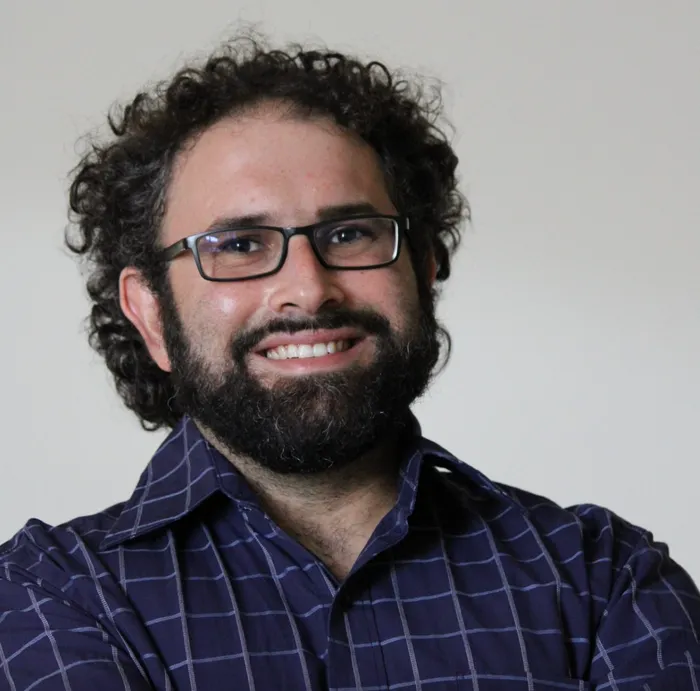
.
Image: Supplied by Benjamin Rosman's website.
When Benjamin Rosman made TIME’s list of the 100 most influential people in AI for 2025, he became a rare voice from Africa on a stage often dominated by Silicon Valley and Beijing.
But for Rosman, professor of artificial intelligence at the University of the Witwatersrand (Wits) and founding director of its new Machine Intelligence and Neural Discovery (MIND) Institute, this wasn’t about recognition.
It was about signalling a shift: Africa isn’t just catching up on technology. It’s shaping the future of it.
Rosman trained as a computer scientist and AI researcher but has always been motivated by a bigger question: What is intelligence, really? He doesn’t see AI as just building faster models or larger datasets.
Instead, his work stretches across computer science, neuroscience, philosophy, and even art, in an attempt to understand cognition in its broadest sense.
At Wits, Rosman has become known as both a leading reinforcement learning researcher and a tech ecosystem builder.
He co-founded Lelapa AI, a company building large language models for African languages, ensuring that AI systems don’t just work in English, Mandarin, or Spanish, but also in isiZulu, Setswana, and dozens more.
Rosman’s approach challenges AI’s obsession with size. He told TechCentral that today’s largest models run on vast server farms consuming the energy of small countries. Humans, by contrast, perform extraordinary cognitive feats powered by a banana’s worth of calories.
Rosman believes Africa can lead in designing more efficient, biologically inspired AI systems, because its innovators are used to making the most out of limited resources.
At the MIND Institute, launched in late 2024, Rosman has gathered neuroscientists, linguists, philosophers, mathematicians, and engineers under one roof.
He believes that mixing disciplines can spark unexpected insights and encourage what he calls “crazy-idea science,” according to TIME.
Already, projects range from studying elephant communication to rethinking how robots might understand human culture.
For decades, Africa’s role in tech has often been cast as either a market for foreign platforms or a source of raw data. Rosman pushes back hard on this framing. “It’s like, screw you. What’s the unique American angle on AI?” he told TIME.
Instead of playing catch-up, Africa should ask its own fundamental questions and build technology grounded in its own contexts, according to Rosman.
That philosophy is gaining traction. With a $1 million (R17.7 million) grant from Google to support the MIND Institute and more than 25 research projects already underway, Rosman is helping establish Johannesburg as an unlikely hub for AI innovation.
Meanwhile, companies like Lelapa AI are demonstrating how African-led startups can design products the rest of the world has overlooked, like truly multilingual language models.
Rosman and the Wits MIND Institute are not building AI for Africa; they’re building Africa into AI’s beating intellectual heart.
With visionary leadership, global support, and a commitment to original, context-sensitive research, they’re redefining the borders, geographical and conceptual, of innovation.
FAST COMPANY
